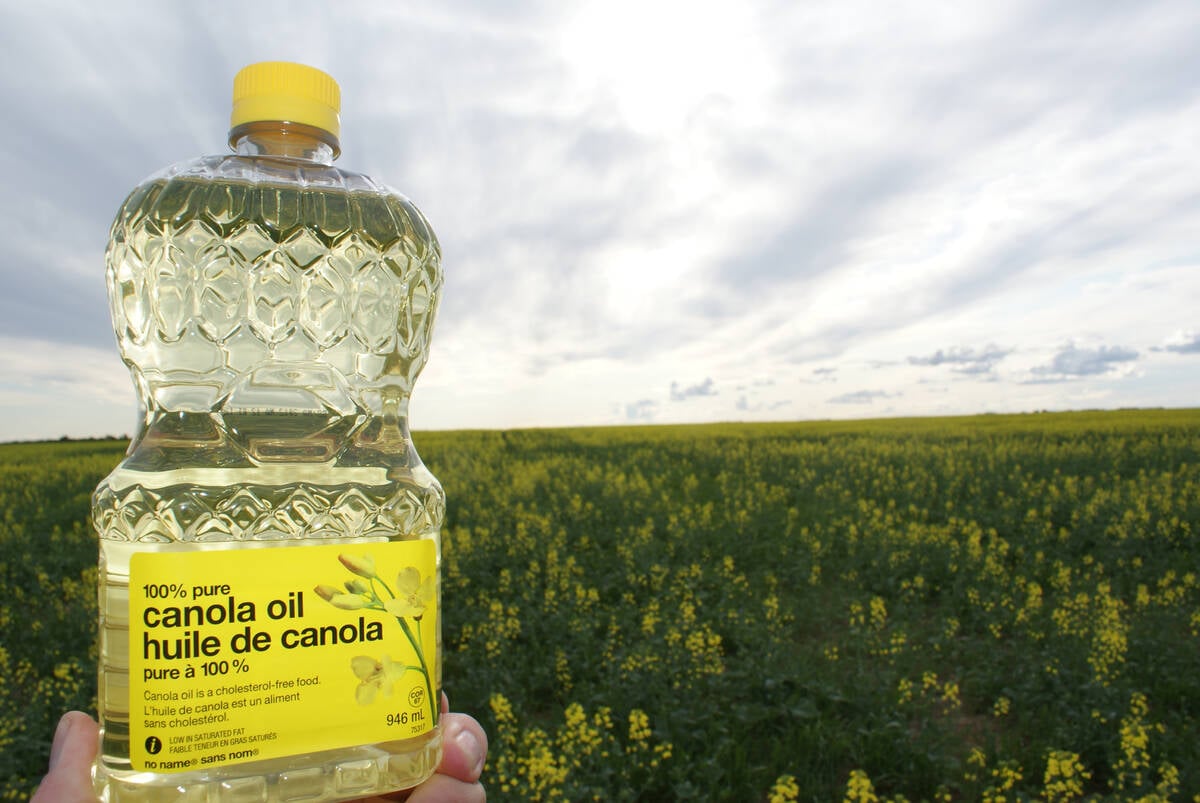DENVER, Colo. – A thorough investigation has been promised into how bone-in beef from the United States arrived in Japan, immediately halting trade between the two countries.
U.S. agriculture secretary Mike
Johanns has called this ban a temporary setback.
“The failure to meet the terms of the export verification program with Japan is unacceptable,” he told a general session at the National Cattlemen’s Beef Association convention in Denver on Feb. 3.
Japan agreed to take American beef after two years of negotiations and special concessions, only to see the deal collapse in less than two weeks after Japanese inspectors found three boxes of veal racks from a New York processor.
Read Also

Rising vegetable oil demand may offset bad biofuel news
Global biodiesel/renewable diesel production is expected to decline for the first time in a decade. Bad timing for a canola industry looking for new markets.
Johanns said it appears from paperwork that a Japanese importer had ordered that specific product.
About $14 million US worth of beef is now stranded at airports in Japan and the Japanese media is suggesting the U.S. should pay to remove it.
Johanns said no official request has come so no decision has been made on its removal.
About 2,000 tonnes of American beef are also heading to Japan by ship. The U.S. is looking for other buyers in the Asian rim but has been unable to find any.
Johanns has instructed his department to conduct an investigation and is enacting a 12-step plan to improve the American inspection system to avoid further violations.
Following the investigation, Johanns said, he will be willing to allow Japanese inspectors into American plants if that is what it takes to resume trade.
“That would be very unusual by international standards,” he said.
U.S. practices questioned
Meanwhile, members of the opposition in the Japanese Parliament criticized practices in U.S. plants after a recent inspection claimed specified risk materials were not correctly removed.
Johanns said there are no problems with SRM removal and the politicians’ observations may have been based on a misunderstanding.
In Japan the spinal cord is removed before the carcass is split, while in North America separate saws are used to split carcasses and then remove the cord.
Johanns rejected pressure to implement trade sanctions against Japan, saying it could spark a trade war.
“One promise I will always make to our trading partners, whether it is Kobe beef from Japan or Canadian beef, I will make decisions based on sound science and international standards, not on who called me,” he told reporters.
None of this would have happened if the world abided by one BSE standard, rather than special deals, said Gary Horlick, the NCBA’s trade
lawyer.
“If everyone adhered to the standard you wouldn’t have a screw up with a packing plant and a shipment of veal,” Horlick told the NCBA international markets committee.















